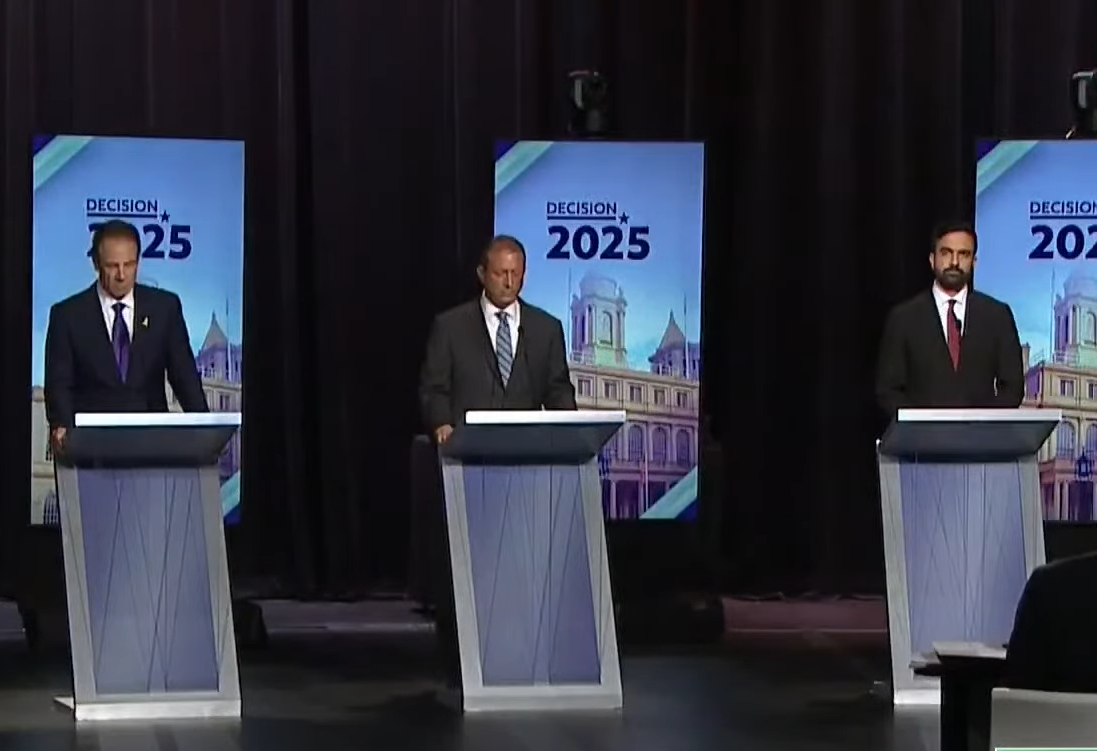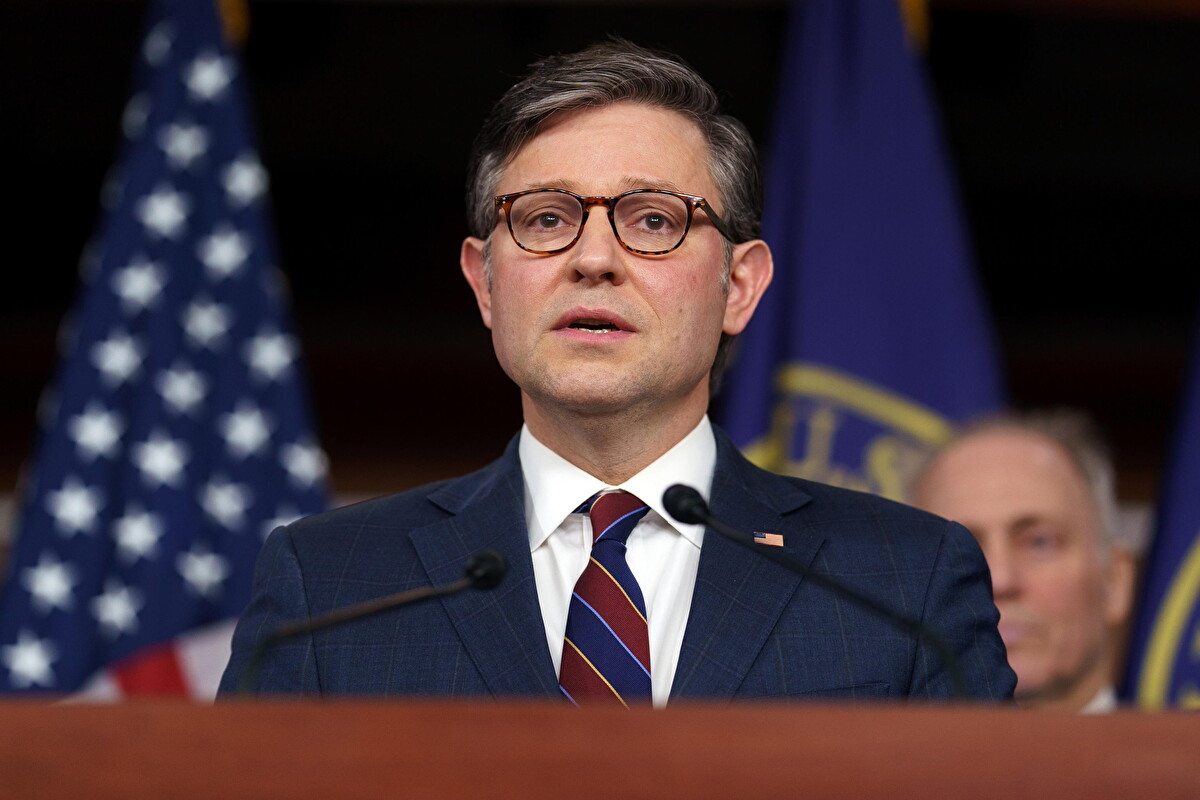On Thursday evening, the seven candidates on the Democratic mayoral primary ballot who met the qualifications set forth by the Campaign Finance Board gathered for the final debate before early voting begins on Saturday. In a marathon two-hour contest, the hopefuls – Andrew Cuomo, Whitney Tilson, Zellnor Myrie, Scott Stringer, Brad Lander, Adrienne Adams, and Zohran Mamdani – made their cases to live and broadcast audiences on a broad range of issues, from public safety to the housing crisis, to their favorite city park. While the candidates were able to lay out their political visions, the debate was defined by candidates using the final opportunity before voting begins to take their competition down a peg.
Andrew Cuomo, still the front-runner in the polls, found himself on the receiving end of barbs throughout the night. City Comptroller Brad Lander, having just been endorsed by the New York Times despite still polling in the single digits, sought to raise his profile further with trenchant attacks against the former governor. He claimed that Cuomo “screwed” immigrant workers cleaning subway cars out of “prevailing wages” and health care during his stint in Albany in order to save the state $2 million.
Cuomo answered with the plausible explanation that such decisions would have been made by an appointee running the Metropolitan Transit Authority, saying that “if they did it that would obviously be wrong.” In his answer, however, Cuomo called the workers “illegal” immigrants, a term mostly viewed nowadays as a right-wing pejorative – a slip-up that was picked up by the crowd, which broke into an audible murmur. Lander would keep up the offensive throughout the night, calling out Cuomo later for the sexual harassment scandal that culminated in the governor’s resignation, his handling of the COVID-19 pandemic, and his dismantling of the Moreland Commission, whose task was to investigate corruption in Albany before Cuomo shut it down prematurely.
State Assemblymember Zohran Mamdani, the only candidate anywhere near him in the polls up to this point, also had Cuomo in his crosshairs, criticizing his campaign for accepting a million-dollar donation from Doordash. “I think Mr. Mamdani starts with the assumption that if you receive money from someone then you will do what they want,” Cuomo replied. “That may work for him, but I’m not for rent and I’m not for sale.” Cuomo may very well be the exception to the rule, but political science studies show a strong correlation between donor preferences and policy.
Later on, Cuomo hit back with his own offensive on the subject of antisemitism, calling the Muslim assemblymember from Queens “divisive” and “antisemitic” for his rhetoric on the war in Gaza, though without citing any particular comment or action from his opponent. Mamdani responded by reminding the audience that the Super PAC supporting Cuomo, while technically separate from his campaign, had just sent out a mailer with a picture of Mamdani that darkened and lengthened his beard in a way that Mamdani has said amounts to islamophobia. He further defended himself against charges of antisemitism, saying that his support for the Boycott Divest Sanction movement against Israel is rooted in his support for international law and the tactic’s successful application against apartheid South Africa.
Cuomo also offered a free alley-oop on Mamdani through Whitney Tilson, using his question during the “cross-examination” section of the debate to ask the hedge fund manager if he thought that Mamdani’s plans made economic sense, with Tilson replying that they appeared “truly delusional.” Tilson and Mamdani are diametrically opposed on economic issues, with Tilson seeking market-based approaches on everything from housing to education, and Mamdani pushing for more robust state action and increased taxes on the wealthy.
Tilson, who is last in polling among the candidates participating in the debate, would later tell moderators that he will rank Cuomo second on his ballot. None of the other six candidates would divulge who their second choice would be, or if they had one at all.











